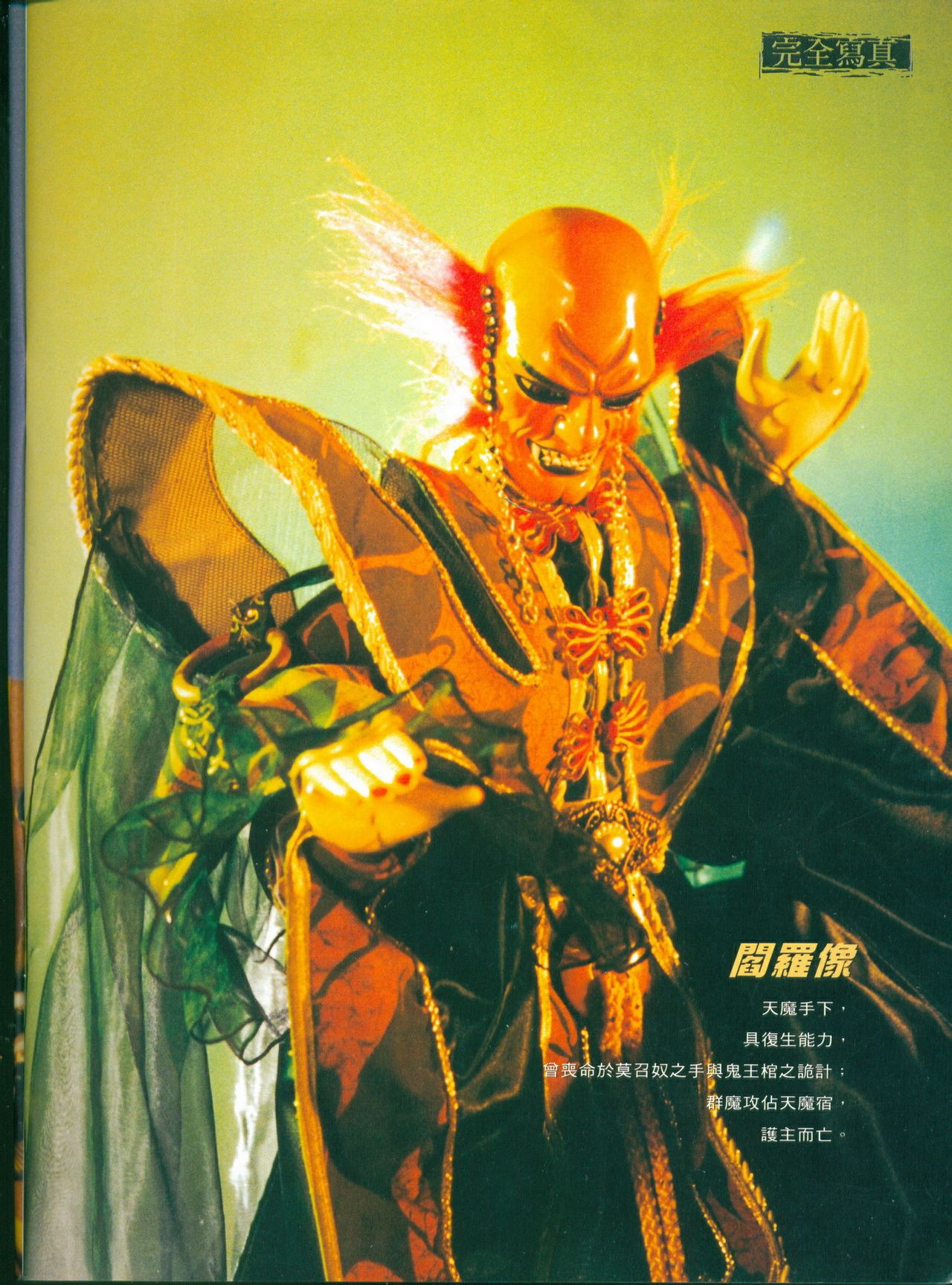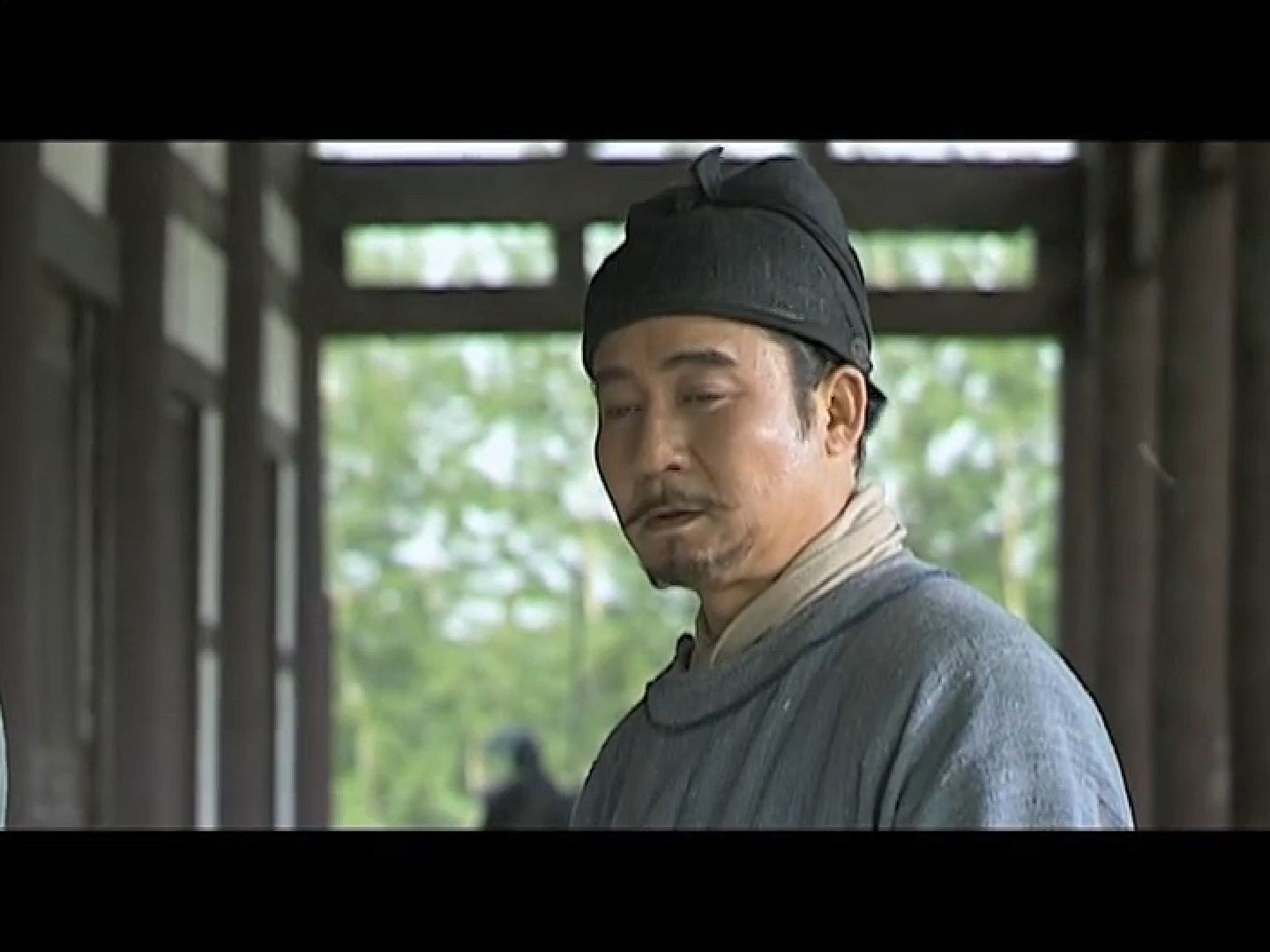Li Yu, also known as Emperor Tang, was the eighth emperor of the Tang Dynasty and the eldest son of Emperor Su of Tang, Li Heng. During his reign, he completely quelled the An Lushan Rebellion, but he was unable to lead the Tang Dynasty back to its golden age. Next, the editor of the History Encyclopedia will learn about it with readers and provide them with a reference.
In January 727 AD, during the 14th year of the Kaiyuan era, Li Yu was born in the Shangyang Palace of Luoyang, the eastern capital. According to the “Old Book of Tang”, Li Yu was “young and eager to learn, especially specialized in the” Rites “and” Changes “, and was benevolent, filial, gentle, and respectful. He had a broad and profound measurement, broad and capable of breaking, and was not afraid of appearances. He was beloved by Emperor Xuanzong. As the eldest grandson of Emperor Xuanzong of Tang, Li Yu enjoyed the glory of his youth and was crowned as the Prince of Guangping at the age of fifteen.
However, in November 755 AD, the An Lushan Rebellion broke out, Chang’an fell, and the prosperity of the Tang Dynasty came to an abrupt end. Emperor Xuanzong of Tang rushed to Shu in haste. From then on, 28 year old Li Yu followed his father Li Heng to Lingwu in the north. After Li Heng succeeded to the throne, Li Yu was appointed as the Grand Marshal of the World’s War, commanding Guo Ziyi, Li Guangbi, and others to fight against the rebels, and was one of the core figures in suppressing the rebellion.
One year and three months later, An Lushan was plotted to be killed by his son An Qingxu. An Qingxu succeeded to the throne of the Great Yan Emperor, and the rebels were in turmoil, giving the Tang army a once-in-a-lifetime opportunity. In September 757 AD, Li Yu joined forces with a total of 150000 Khitan soldiers to engage in a decisive battle against 100000 rebels in Chang’an until the night curtain fell and the rebels fled. More than 60000 bodies were left on the battlefield, and the Tang army won a great victory. Recovered two capitals.
In May 758 AD, Li Yu was crowned as the Crown Prince. In 762 AD, the 35 year old Crown Prince Li Yu, supported by eunuchs such as Li Fuguo and Cheng Yuanzhen, inherited the throne and became the first emperor of the Li Tang Dynasty to be supported by a eunuch.
After ascending to the throne, he was controlled by another person, the eunuch Li Fuguo. In the past, Li Fuguo was highly favored and trusted for supporting the enthronement of Emperor Suzong. He held the military power of the Forbidden Army and enjoyed great power. At this time, relying on his support for Emperor Daizong, he became increasingly arrogant. Even said to Li Yu, ‘Everyone should sit inside and listen to the old servant’s handling of foreign affairs.’. Such arrogant statements made Emperor Daizong increasingly dissatisfied with him, so he adopted a policy of supporting and killing Li Fuguo, respectfully addressing him as “Shangfu” and appointing him as the Minister of Works and concurrently as the Minister of Personnel. Li Fuguo became the second eunuch in Chinese history to serve as a prime minister, following Zhao Gao. However, Li Fuguo, who had reached the pinnacle of power, had already come to an end.
Under the temptation of power, there was a eunuch named Cheng Yuanzhen in Li Fuguo’s camp. He was originally a confidant of Li Fuguo and also controlled a team of sharpshooters. Li Yu decided to use Cheng Yuanzhen to balance Li Fuguo. Two months later, after winning over Cheng Yuanzhen and most of the forbidden army generals, Li Yu suddenly issued an edict to remove Li Fuguo’s military power, relocate outside the palace, and instructed someone to assassinate him. The generation of eunuchs who once dominated the world quietly embarked on the Yellow Spring Road, while Li Yu ordered the investigation of the murderer, but in the end, nothing came of it.
In 763 AD, Shi Chaoyi was defeated and the eight year An Lushan Rebellion came to an end. Li Yu finally completed the unfinished task of Emperor Suzong, and the people of the world cheered with joy.
The An Lushan Rebellion was not only the end of the prosperous Tang Dynasty, but also the beginning of a period of great fission. Given the difficult political and military situation at that time, it was necessary to divide the territory of Hebei and appoint rebel generals without holding An Lushan’s former generals and relatives accountable. So the situation of regional separatism began. At the same time, the Western Tubo invaded and plundered the Hexi and Longyou regions, while Cheng Yuanzhen, who was by Li Yu’s side at this time, did something foolish.
In October of 763 AD, the Tubo army gathered 200000 troops from the Tuyuhun, Dangxiang, Di, and Qiang tribes to launch a large-scale attack on the Tang Dynasty. The border guards frequently called for reinforcements, but Cheng Yuanzhen ignored them, neither reporting for a lifetime nor sending troops to resist the enemy. This led to the Tubo army driving straight in, with their troops pointing straight at Fengtian and Wugong. It was not until approaching Chang’an that Li Yu and the officials were startled. The capital was shaken and soon troops arrived at the outskirts of the city. Li Yu had no choice but to flee hastily to Shaanzhou. Three days later, Tubo attacked Chang’an and looted the treasury, burned down civilian houses, and looted everything. Amidst the national crisis, Li Yu urgently mobilized Guo Ziyi and mobilized troops from Wuguan to launch a counterattack.
The Tubo people heard that Guo Ziyi had gathered a large army to attack Chang’an, and hurriedly carried the spoils of war and roared away. Chang’an recaptured. The courtiers in the court petitioned to punish Cheng Yuanzhen, but the benevolent Li Yu did not kill him. Instead, he removed his official title and sent him back to his hometown.
One wave is not flat, another wave is rising. In the second year of Guangde, in January 764 AD, Pu Gu Huai’en, who had followed Guo Ziyi to quell the An Lushan Rebellion and made great military achievements, raised a banner of rebellion in Hedong. Why did this loyal and righteous soldier from the entire clan rebel? After the An Lushan Rebellion, military generals were highly suspected, coupled with eunuchs’ political turmoil and treacherous officials who were not rewarded for their achievements. Famous generals were killed, and Pu Gu Huai’en dared not go to court to express his intentions. In the end, he was forced to embark on the path of rebellion.
In September of 765 AD, Pugu Huai’en gathered hundreds of thousands of soldiers from the Khitans, Tubo, Tuyuhun, and Dangxiang to launch a massive invasion in three directions. Along the way, Pugu Huai’en was brutally killed. Guo Ziyi realized that the time was ripe to divide his opponents and staged the scene of the “Single Cavalry Alliance of the Khitans”. In the end, the Tang and Hui peoples shook hands and made peace, becoming a classic example of the “surrender of the enemy without war” in Chinese history. Guo Ziyi spent his entire life in military service, repeatedly achieving remarkable feats and turning the Li Tang Dynasty from danger to safety. But he never takes pride in himself and is loyal, brave, and patriotic.
Throughout his life, Li Yu’s love life was full of twists and turns. His first empress, Shen, was missing, and the sudden passing of his noble consort, Dugu, and Princess Huayang left him deeply saddened. Even beyond the limits of his mental endurance, Li Yu, the mentally exhausted Emperor Daizong, fell ill after accompanying the Tang Empire through seventeen seasons of internal and external troubles. On his sickbed, Li Yu’s heart was filled with helplessness and sadness.
In June 779 AD, Li Yu passed away in the Zichen Hall of the Daming Palace at the age of 53. The courtiers were posthumously honored with the title of Emperor Ruiwen Xiaowu and the temple name Daizong. Buried in the Yuanling Mausoleum.


